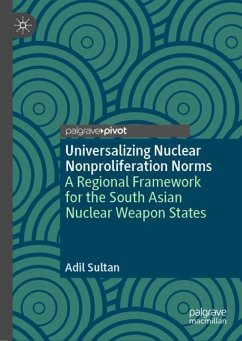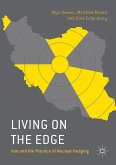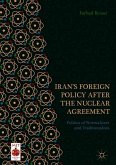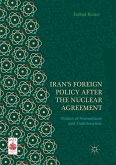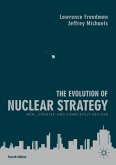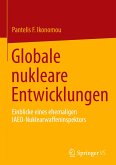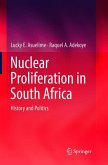This book suggests a new bargain between the NPT nuclear weapon states and the non-NPT nuclear weapons possessor states, mainly India and Pakistan, through a regional arrangement to help move towards universalization of the nuclear nonproliferation regime. The author analyses nuclear proliferation drivers to understand why states acquire and justify possession of nuclear weapons even though most nuclear weapon states no longer are faced with an existential threat to their national security. This study also identifies various challenges being faced by the NPT based nuclear nonproliferation regime, which if left unaddressed, could unravel the nonproliferation regime. It also offers the history of confidence building measures between India and Pakistan, which could be a useful reference for negotiating a Regional Nonproliferation Regime (RNR) in the future.
"This book and the framework it pronounces are solid and viable. The more India and Pakistan mend fences, the chances of its implementation will increase. Sultan's study has made an important contribution in nonproliferation-related literature. The study's main conclusions are instructive for practitioners and scholars alike. It also throws more research puzzles for South Asian watchers." (Syed Ali Zia Jaffery, pakistanpolitico.com, 15 January, 2019)

